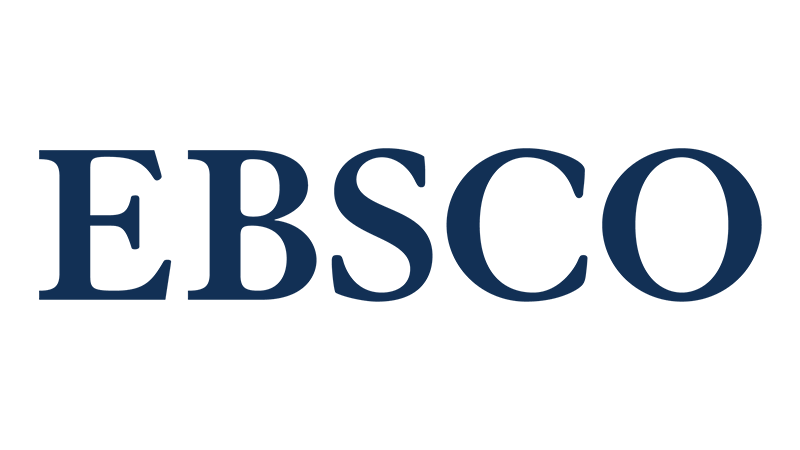
Policy Guidelines
Contents
- Open Access Statement
- Author Fees
- Repository Policy
- Peer Review Policy
- Publication Process
- Copyright and Publishing Rights
- Digital Archiving Policy
- Licensing Terms
- Plagiarism Policy
- Formatting Requirements
Open Access Statement of Business Review
The Business Review allows users to read, download, copy, distribute, print, search or link to the full text of its articles. All articles published will be immediately and permanently free for everyone to read and download for lawful purposes without permission from the publisher and author. This is done with the belief that making research easily accessible facilitates greater global exchange of knowledge. Articles are published in the Business Review are licensed under the CC-BY terms.
Author Fees
There are no article processing charges, publication fees or any other kind of fees if an author chooses to submit an article to the Business Review. Moreover, authors aren’t expected to pay for peer review process, production and printing of articles as well as circulation of journals to other avenues—all expenses are borne by IBA Karachi.
Repository Policy
The Business Review is an open-access journal and authors are free to submit their papers to any repository of their choice after it has been accepted into the Business Review without prior approval from the publisher.
Peer Review Policy
The Business Review follows a double-blind peer review policy, which means the identities of the authors are concealed from the reviewers, and vice versa. To facilitate this, the main body of the paper (including the references, figures, tables, and any acknowledgments) should not include any identifying information, such as the authors' names or affiliations. Upon receipt, the article is assigned a paper ID at the editorial desk. It is then subject to a desk review which entails technical screening to judge the scope and relevance of the article, clarity of language, and whether or not it complies with the similarity boundaries. The similarity index of the submitted manuscript should be less than 19 percent. Moreover, similarity from any particular source should not exceed 5 percent.
The managing editor will assign the paper to national and international subject experts. The reviewers are given up to 40 days to evaluate the paper. The reviewers assess the article for originality, objectives of the research, methodology and theoretical framework, the breadth, scope, and level of critical analysis incorporated in the literature review, the soundness of the results and discussion, and its contribution to the existing body of knowledge. They may also judge the article on the basis of the appropriateness of the title, organization, and structure of the paper. In the case where reviewers come to a conflicting decision, the editor may send the paper to a third reviewer.
The possible outcomes of the review process can be:
- Acceptance (acceptance without any changes)
- Accept with minor revisions (the author is required to make small corrections)
- Conditional acceptance after major revisions (the author is required to make extensive changes suggested by the reviewers). In this case, the paper is sent back to the reviewer to evaluate and ensure that the comments have been addressed.
- Rejection (the journal will not publish the paper).
Please note: The editor has the right to reject the manuscript at any stage. Moreover, the final decision of the paper (acceptance or rejection) is at the editor's discretion.
Publication Process
Once the paper is accepted by the reviewers it is subject to a formatting and proofreading process at the editorial desk. Proofs will be sent to the authors for review and approval, along with the Author Agreement Form. Prompt return of the corrected proofs will minimize the risk of the paper being held over to a later issue. Once the author gives approval, the editorial board publishes the paper and authors are notified through an email.
Copyright and Publishing Rights
Authors retain full copyrights and publishing rights of their work. Reproduction, posting, transmission or other distribution or use of the manuscript or any material therein, in any medium, as permitted requires no attribution to the publisher.
Digital Archiving Policy
The journal is committed to storing all papers in digital archives to ensure that they will be available to readers, even in the event that the institute is no longer functioning or the journal is discontinued. To this end, the Business Review submits all journal content to Portico Portico and CLOCKSS for long-term digital archiving.
Licensing Terms
All articles in the Business Review are published under the CC-BY license. The CC-BY license allows reusers to distribute, transmit and build upon the material as long as attribution is given to the author. Moreover, the license also allows for commercial use - Creative Commons Attribution 4.0 International License.
Plagiarism Policy
The author should guarantee that the submitted work is original. If the author has used work and/or words by others, appropriate citations are required. Plagiarism in all its forms constitutes unethical publishing behavior and is unacceptable. The author should give due acknowledgement to all those who have made contribution to the research. Those who have contributed significantly to the research should be listed as coauthors.
If the manuscript contains extracts, including illustrations, from other copyright works (including material from online or intranet sources) it is the author's responsibility to obtain written permission from the owners, of the publishing rights to reproduce such extracts.
All papers submitted to the Business Review are screened for plagiarism using turnitin. The similarity index of the submitted manuscript should be less than 19 percent. Moreover, similarity from any particular source should not exceed 5%.
Formatting Requirements
Business Review has certain rules governing the formatting of the final submission, see Author Guidelines for details










